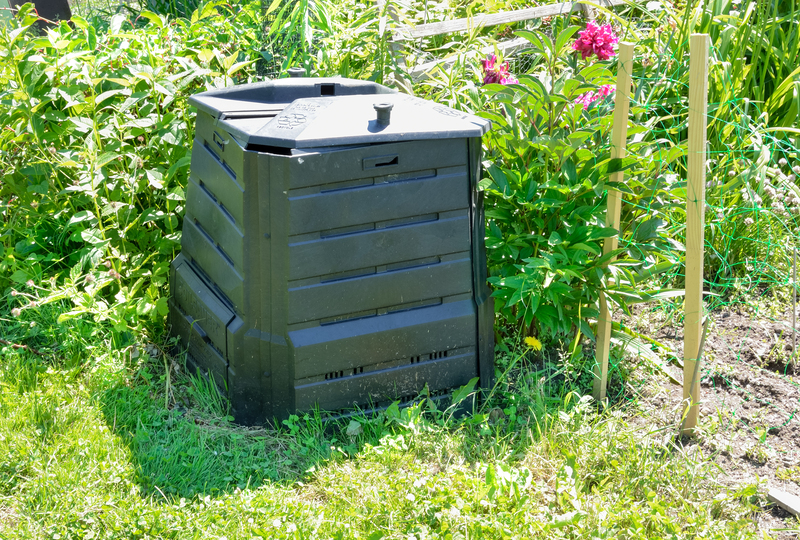Benefits of Proper Waste Handling
Proper waste handling is not just a regulatory requirement; it's essential for the health of our environment, the economy, and public safety. The benefits of proper waste handling are numerous and span across various domains including environmental sustainability, economic impact, and social well-being.
Environmental Benefits
Proper waste handling significantly contributes to environmental sustainability. When waste is handled correctly, it minimizes the amount of waste ending up in landfills, reducing soil and water contamination. Proper segregation and recycling of waste materials contribute to the reduction of greenhouse gas emissions. Additionally, composting organic waste helps in enriching the soil and reduces the need for chemical fertilizers.

Economic Advantages
From an economic perspective, proper waste management can lead to cost savings. Efficient waste handling systems reduce the costs associated with waste collection, transportation, and disposal. Recycling and composting can generate revenue and create job opportunities. The recycling industry, in particular, is a burgeoning sector that offers substantial economic benefits through the recovery of valuable materials that can be reused or sold.
Public Health and Safety
Improper waste handling can lead to severe public health risks. Accumulated waste provides a breeding ground for pests such as rodents and insects, which can transmit diseases. Proper waste management mitigates this risk and ensures safer and cleaner urban environments. By correctly handling hazardous waste materials, we also prevent the release of harmful chemicals that can cause health problems like respiratory issues and skin infections.
Social and Community Benefits
Proper waste handling fosters a sense of community and responsibility. When communities come together to manage waste effectively, it promotes a cleaner, more pleasant living environment. This can improve the quality of life and increase the aesthetic appeal of neighborhoods, potentially boosting property values. Educational campaigns and community clean-up initiatives can also enhance community spirit and involvement.
Sustainable Practices
Implementing proper waste handling practices encourages sustainable living. By reducing waste, reusing materials, and recycling, we can significantly lower the human ecological footprint. Sustainable waste handling practices are integral to the circular economy model, where the lifecycle of products is extended through recycling and repurposing, leading to conservation of resources and energy.
Tips for Proper Waste Handling
- Segregate Waste: Separate recyclable materials from non-recyclable ones. Use different bins for paper, plastic, metal, organic waste, and hazardous materials.
- Reduce: Minimize the amount of waste you generate by opting for reusable products over disposable ones.
- Recycle: Always opt to recycle materials like paper, plastic, glass, and metal whenever possible.
- Compost: Compost organic waste to create nutrient-rich soil for gardening and agriculture.
- Educate: Inform and educate family, friends, and community members about the importance of proper waste handling.
Pros and Cons
Pros:
- Environmental Protection: Reduces pollution and conserves natural resources.
- Economic Benefits: Provides cost savings and generates revenue through recycling.
- Public Health: Mitigates health risks by preventing the proliferation of pathogens.
- Community Benefits: Improves quality of life and aesthetics of residential areas.
Cons:
- Initial Costs: Setting up proper waste management systems can be expensive.
- Complexity: Requires robust infrastructure and public participation.
- Time-Consuming: Effective waste handling involves ongoing effort and time.

Takeaways
Proper waste handling is crucial for environmental sustainability, economic growth, and public health. The commitment to reduce, reuse, and recycle within communities can create a cleaner, safer, and more thriving world. By adopting systematic and efficient waste management practices, we contribute to the well-being of our planet and future generations.
Conclusion
The benefits of proper waste handling extend far beyond mere compliance with regulations. It fosters a sustainable environment, boosts the economy, ensures public health and safety, and enhances community welfare. While there are challenges associated with implementing effective waste management systems, the long-term benefits unequivocally outweigh the cons. By integrating best practices into our daily lives, we can play a pivotal role in protecting and preserving our environment for years to come.
